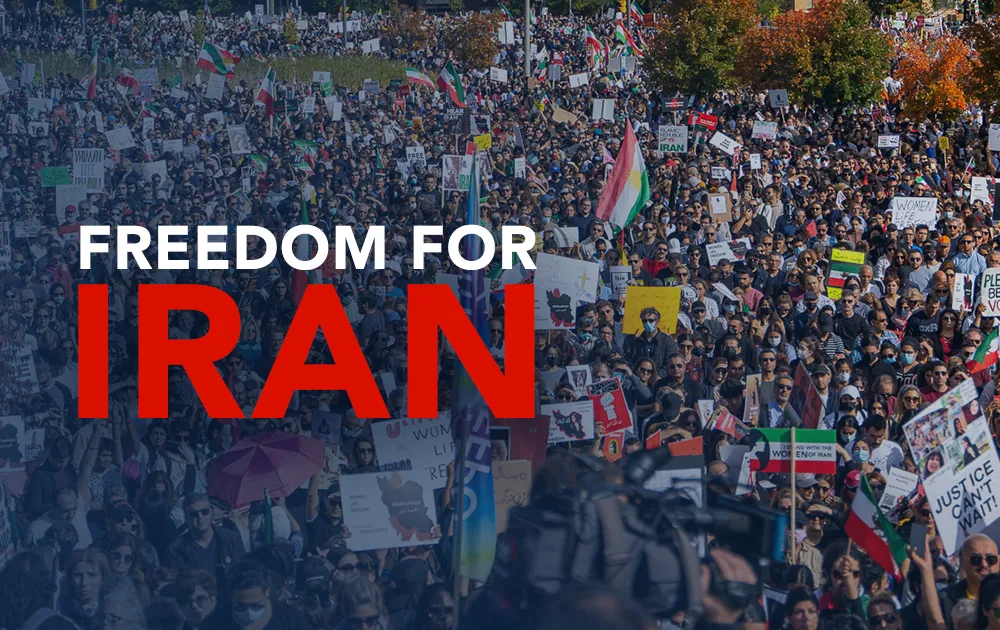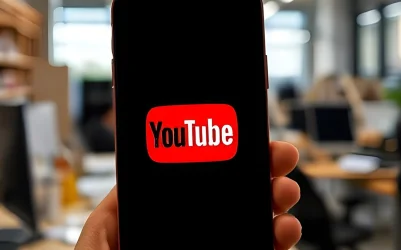Bypassing Internet Censorship in Iran with V2Ray
3 min read 13 Feb 2025, 09:17 UTC

In Iran, internet censorship has long restricted access to global platforms like social media, independent news outlets, and communication tools such as WhatsApp and Telegram. The government employs advanced filtering systems to block VPNs and monitor online activity. However, tools like V2Ray offer a sophisticated way to bypass these restrictions while maintaining privacy. Here’s how to use V2Ray to reclaim unrestricted internet access in Iran.
Why Internet Censorship in Iran Is So Strict
Iran’s government enforces heavy censorship to control information flow. Blocked services include:
-
Social Media: Instagram, Facebook, Twitter/X.
-
News Outlets: BBC Persian, Voice of America, Iran International.
-
Communication Apps: WhatsApp, Telegram, Signal.
-
Streaming Platforms: YouTube, Netflix.
Authorities use Deep Packet Inspection (DPI) to detect and block VPN traffic, making traditional tools unreliable.
Why V2Ray Works Where Others Fail
V2Ray (Project V) is an open-source privacy tool designed to evade censorship through advanced obfuscation. Unlike standard VPNs, V2Ray:
-
Masks Traffic: Disguises data as HTTPS or TLS streams, blending in with regular web traffic.
-
Supports Multiple Protocols: VMess, VLESS, and Trojan adapt to bypass evolving censorship tactics.
-
Resists DPI: Makes it harder for Iranian ISPs to detect and block VPN usage.
How to Set Up V2Ray in Iran (Step-by-Step)
Option 1: Use a Pre-Configured V2Ray Service
For simplicity, choose a provider offering ready-to-use V2Ray configurations:
-
Sign Up for a Reliable Provider:
-
SSH Tunnel Net: Free servers with anti-detection setups (ad-supported).
-
Paid Services: V2RayPro or ShadowSocks-Rust (prioritize those with obfuscation features).
-
-
Download a V2Ray Client:
-
Android: V2RayNG or Nekoray.
-
iOS: Shadowrocket or Stash (requires a non-Iranian App Store account).
-
Windows/macOS: Qv2ray or V2RayN.
-
-
Import Configuration Files: Load the server details (JSON files) provided by your service.
-
Connect and Test: Open a blocked site like BBC Persian or Instagram.
Option 2: Manual Setup (For Advanced Users)
-
Set Up a V2Ray Server Abroad: Use a cloud provider (e.g., DigitalOcean, AWS) outside Iran.
-
Configure Protocols: Use VLESS+TCP+TLS or Trojan for maximum stealth.
-
Generate Config Files: Tools like V2Ray-Geodata automate this process.
-
Share Configs Securely: Use encrypted channels (e.g., Signal) to distribute settings.
Critical Security Tips for Iranian Users
-
Enable Encryption: Always use TLS/SSL in your V2Ray setup.
-
Pair with DNS-over-HTTPS: Prevent DNS leaks with Cloudflare (1.1.1.1) or Google DNS (8.8.8.8).
-
Avoid Public Wi-Fi: Government-monitored networks increase detection risks.
-
Update Regularly: Censorship tactics evolve; keep V2Ray and clients updated.
Risks and Precautions
-
Legal Consequences: Bypassing censorship may violate Iranian laws. Use tools discreetly.
-
Detection: Free or poorly configured servers are more likely to be blocked.
-
Trusted Providers: Avoid sketchy services that might log data or expose users.
Alternatives to V2Ray
-
Tor Browser: Slow but highly secure for anonymous browsing.
-
Psiphon: Optimized for Iran, but often detected.
-
Shadowsocks: Simpler than V2Ray but less adaptable.
Why V2Ray Is Iran’s Best Option in 2025
-
Adaptability: Customizable protocols stay ahead of censorship tech.
-
Community Support: Open-source developers rapidly patch vulnerabilities.
-
Speed: Efficient enough for streaming and video calls.
Final Advice
While V2Ray offers a lifeline to the open internet, Iranian users must balance accessibility with caution. Regularly rotate servers, avoid discussing sensitive activities online, and use encrypted messaging apps to share configurations.
Need V2Ray Now?
👉 SSH Tunnel Net (Free)






